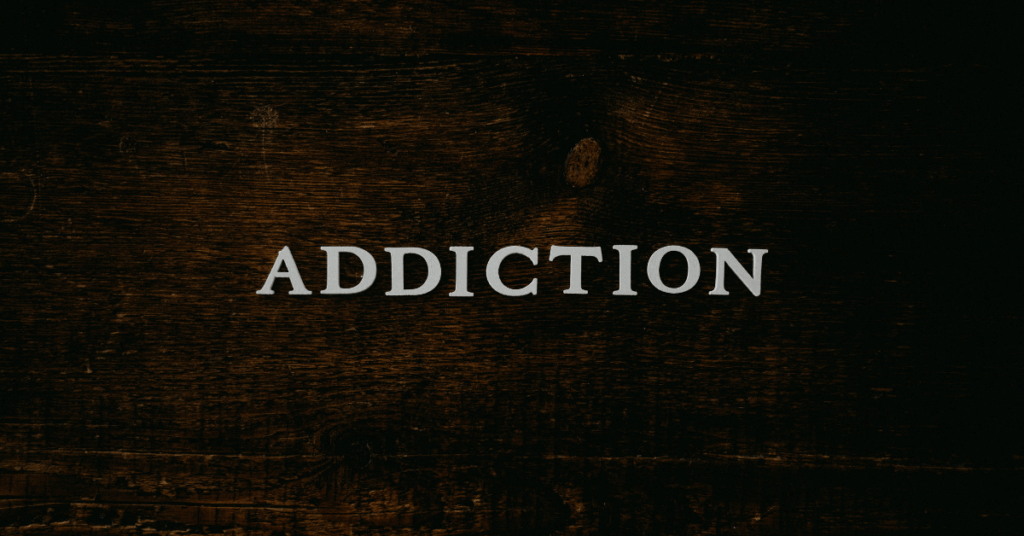When it comes to addiction, understanding the root of the underlying causes is essential to achieving a successful recovery outcome. Addiction does not happen in isolation; there are often family and environmental factors that contribute. If we are not familiar with our own family history, we may struggle to grapple with both current and future substance use issues.
Learning about one’s personal background provides meaningful insight into the development of an individual’s addiction as well as greater clarity when navigating your journey through outpatient alcohol rehab in Boise or any other city across the US.
In this post, we’ll explore how recognizing and better understanding Your Family History can empower us on our journey toward restoring balance to our lives after addiction.
- Defining Addiction in Your Family History
- Understanding the Impact of Genetics, Environment, and Stress on Addiction
- Recognizing Signs of Addiction in Your Family Members
- Developing Compassion for Yourself and Others Struggling With Addiction
- Ways to Support Loved Ones Receiving Outpatient Alcohol Rehab Treatment in Boise
- Self-Care Strategies While Supporting Someone Through Treatment
Defining Addiction in Your Family History
Addiction is a complex issue that can affect anyone, regardless of age, gender, or background. If addiction runs in your family, it’s essential to understand the impact it can have on your life and those around you.
Addiction isn’t just about substance abuse; it can manifest in many ways, from gambling or shopping to food or sex. It’s important to recognize the signs of addiction early, so you can get your loved ones the help they need.
Remember that addiction is a disease, and there’s no shame in seeking treatment.
Understanding the Impact of Genetics, Environment, and Stress on Addiction
Addiction is a complex issue that is influenced by multiple factors. The interplay between genetics, environment, and stress can all play a significant role in the development and perpetuation of addictive behaviors.
Understanding these influences is crucial for individuals struggling with addiction, as well as for their loved ones and healthcare providers. While genetics can predispose individuals to addiction, environmental factors such as exposure to drugs or alcohol can also contribute to the development of addiction.
Additionally, stress can be a trigger for addictive behaviors, and learning to manage stress effectively is crucial for those in recovery.
Recognizing Signs of Addiction in Your Family Members
Addiction is a serious issue that affects not only the person living with it but also those around them. It can be difficult to recognize that a family member may be struggling with addiction, especially if they are trying to hide it.
If you notice any of these signs, it may be time to have an open and honest conversation with your family member and offer your support in finding professional help. Remember, recognizing addiction and seeking help is the first step towards recovery.
Developing Compassion for Yourself and Others Struggling With Addiction
It can be difficult to develop compassion for those who are struggling with addiction, but it is an essential part of the healing process. Addiction doesn’t discriminate, and it can affect anyone regardless of their background or circumstances.
It’s just as important to show yourself compassion if you’re dealing with addiction. Self-compassion involves recognizing that you are not defined by your addiction and that you are worthy of love and support.
By extending compassion to others and to ourselves, we can create a more understanding and supportive environment that will aid in the recovery process.
Ways to Support Loved Ones Receiving Outpatient Alcohol Rehab Treatment in Boise
Supporting a loved one through outpatient alcohol rehab treatment in Boise can be challenging, but it is worth it to see them recover from addiction. The first and perhaps most crucial step is to offer unwavering emotional support.
This means being present, listening without judgment, and showing that you care. You may also need to help your loved one navigate the logistics of outpatient treatment, like scheduling appointments and arranging transportation.
Making yourself available for sober activities like exercise, cooking a healthy meal, or just spending quality time together can also be beneficial.
Self-Care Strategies While Supporting Someone Through Treatment
When we become the support system for someone undergoing treatment, it’s easy to overlook our own needs. Another helpful tip is to prioritize our own self-care routines, such as exercise or meditation.
Doing things we enjoy and seeking support from others can also aid in reducing our own stress levels. Ultimately, by taking care of ourselves, we can better support our loved ones through their treatment journey.
Taking time to understand signs of addiction in your loved ones, develop compassion for themselves and those who are struggling with addiction, and offer support and self-care throughout the process can make a world of difference.
Outpatient alcohol rehab in Boise offers a wide range of resources tailored to each individual’s personal needs. You can be an essential part of the support system by assisting them through treatment and beyond.
Know that you don’t have to walk this road alone; reaching out for additional helpful resources is the first step towards healing.
Related articles,
